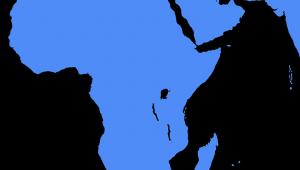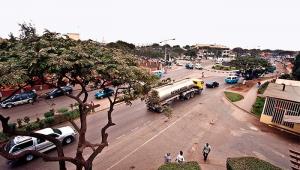By Nick Mann | 29 June 2012
Most Sub-Saharan African countries either maintained or improved their development policies and institutions last year despite the global economic crisis, the World Bank said yesterday.
The Bank’s latest Country Policy and Institutional Assessment for the region showed better policies for growth and poverty in 13 of Africa’s poorest countries. These include: Comoros, Congo Republic, Cote d’Ivoire, Ethiopia, The Gambia, Guinea, Guinea Bissau, Liberia, Sao Tome and Principe, Senegal, Togo, Zambia, and Zimbabwe.
Countries’ performance is rated one to six on their performance against 16 key development indicators. The Bank uses the assessment to determine how much it can lend the countries from its fund for the world’s poorest nations, the International Development Association.
The ratings relate to progress in economic management, structural reforms, policies for social inclusion and equity and public sector management and institutions. The overall CPIA score reflects an average of the 16 indicators.
The scores published yesterday show a wide variation across countries, ranging from 4.0 for Cape Verde to just 2.2 for Eritrea and Zimbabwe. ‘Fragile’ and conflict-afflicted countries in the region had much lower scores than non-fragile states, reflecting the challenges they face, particularly in relation to their public sector.
Some of these countries are, however, making fast progress, with the most improved being the fragile states of Comoros, Cote d’Ivoire and Zimbabwe.
In general, countries scored best for economic management, with many African countries entering the global economic crisis in 2008/09 with the ability to counter external shocks.
Public sector management and institutions lagged behind other areas, however, which the Bank said showed that Africa’s governance problems were particularly ‘acute’.
The issue was particularly pressing in fragile countries, where governments had focused on economic reforms ahead of ‘difficult and complex’ structural and governance issues.
Shanta Devarajan, World Bank chief economist for the Africa region, said: ‘There was a concern that global economic turmoil would slow reforms across the continent. But African policymakers generally continued their commitment to reform programs during the global crisis, and some even accelerated them with the ultimate mission of improving the development prospects and economic wellbeing of their people.’













